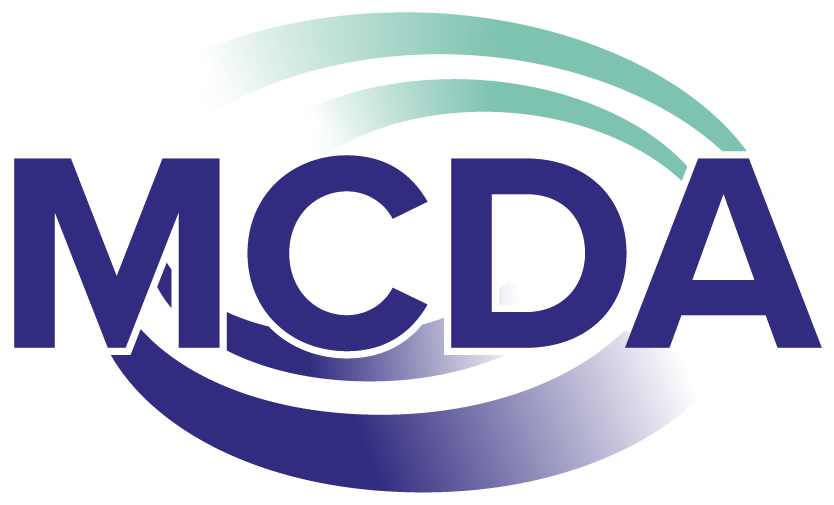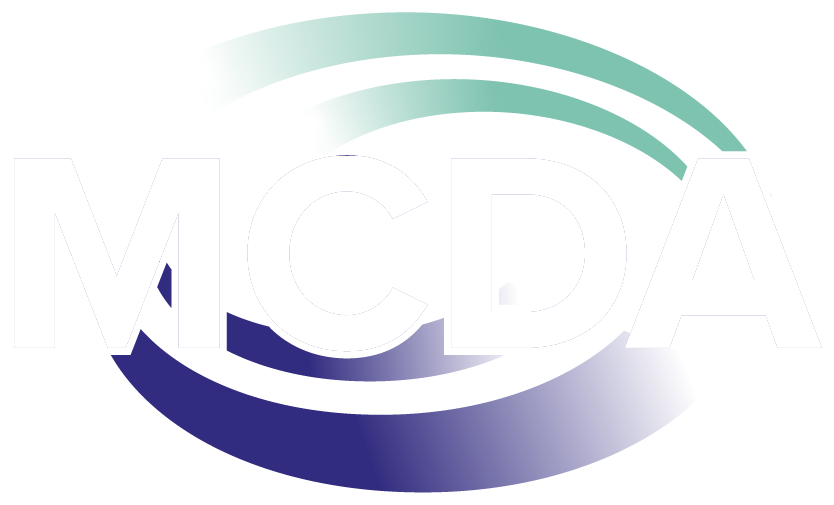by Nancy R. Burke
Career Coach, FuturePerfect and Burke&Penn
 Five years ago, we started our business, Burke&Penn to work with people age 50+ on their careers and second acts. We want to help people define themselves, not by their pasts, but by the futures they want to create. In these five years, we’ve learned several things, some are surprising and some not so.
Five years ago, we started our business, Burke&Penn to work with people age 50+ on their careers and second acts. We want to help people define themselves, not by their pasts, but by the futures they want to create. In these five years, we’ve learned several things, some are surprising and some not so.
The process for someone over 50 making a career change is similar in many ways for that for younger people, with some differences, and we’d like to share a few:
- People over 50 are quick to see “age discrimination” in the marketplace and feel that they have limited options. What we see is that, while there is age bias, approximately 20% is marketplace reality and about 80% is in the minds of individuals. Age bias is only a small part of the challenges that face those 50+. It can feel insurmountable if they let it, but once people learn how to target their interests, they find that age bias fades into the background. (And for everyone who has a bias against Baby Boomers, there is someone who has a bias against Millennials.) Approaching opportunities with enthusiasm and energy can be the ingredient for success.
- That being said, Baby Boomers need to target companies that are more likely to welcome older workers, in general, they will have more success with small companies than with large. Small companies will be thrilled with someone who can “hit the ground running.”
- For people at this stage of life, career/life satisfaction is not about the money. Most want to work for many more years (well beyond the old retirement age of 65); many need to work and continue earning, but all need a sense of purpose and meaning, well beyond what they were looking for in their earlier years. They are less willing to put up with the BS that they would put up with at younger ages.
- While the employers sometimes pigeon-hole people by their experience and may not see transferable skills, often we pigeon-hole ourselves: we think too narrowly about what possibilities there might be that play off their former experience. Learning how to “package” their skills in current terminology is essential.
 As important as meaning, is flexibility. People want more and more to work on their terms, to have more time for relationships and interests.
As important as meaning, is flexibility. People want more and more to work on their terms, to have more time for relationships and interests.
- However, while people want flexibility, they are often wary of things that can increase their flexibility and broaden their options: contract positions that could launch people into a new career niche; flexibility in income; a portfolio career where they may have several streams of income that add up to a good wage.
- Being tech-savvy is essential, and many Baby Boomers are not quite up to speed on the things they need to know. (e.g., one of our clients was asked by a hiring manager if she knew salesforce, and she talked about the sales people she had worked with, not realizing he was asking about salesforce.com).
- Older workers need to be more aware of the importance of “packaging” (attire, hairdos, glasses, posture) than younger folks.
What we’ve seen is that most people have so much potential beyond what they’ve been doing, and there’s still time to accomplish some or all of it! We love working with the Baby Boomer crowd — all that life experience, wisdom, perspective, etc. is wonderful to work with. If you’d like more information, check out our website, FuturePast50.com.


